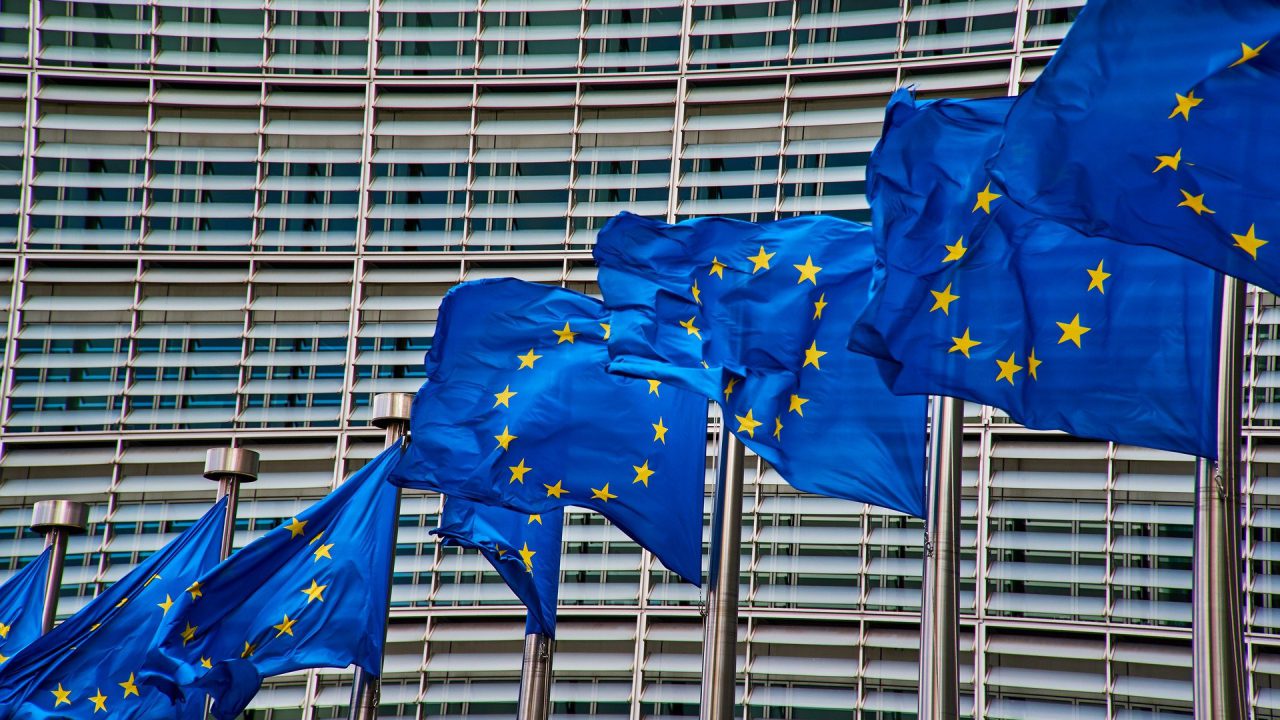The European Commission has approved an allocation of €920 million to Ireland under the Brexit Adjustment Reserve, the lion’s share of which is likely to be destined for the agriculture, fisheries and food processing sectors.
Ireland will see the largest share of the reserve – which totals around €5.4 billion – and is the first member state to be approved by the commission to receive pre-financing from the fund.
The commission says that the funding will help Ireland’s economy in mitigating the impact of Brexit through support to regions and economic sectors, including on job creation and protection, such as short-time work schemes, re-skilling and training.
Ireland will receive €361.5 million in 2021; €276.7 million in 2022; and €282.2 million in 2023. The funding can cover expenses incurred since January 1, 2020.
The commission will disburse the first installment of the pre-financing to Ireland by the end of the current year. It is expected that allocations for other member states will be made in the coming weeks.
Elisa Ferreira, the Commissioner of Cohesion and Reforms, said today (Monday, December 6): “Brexit has had a negative impact on many people’s lives. Within the EU, it is the people in Ireland who feel it the most.
“The EU’s Brexit Adjustment Reserve stands for solidarity with those most affected. In moving forward, we don’t want to leave anyone behind. The funding that Ireland will receive will contribute to improving living standards, support economic growth and mitigate the negative impacts in local communities,” Commissioner Ferreira added.
Three factors will be used to calculate how much money each EU country will receive: the importance of trade with the UK; the importance of fisheries in the UK exclusive economic zone; and the population living in maritime regions bordering the UK.
The Netherlands is set to be the second largest beneficiary, with around €800 million; followed by France, with €670 million; Germany, with €590 million; and Belgium, with around €350 million.
